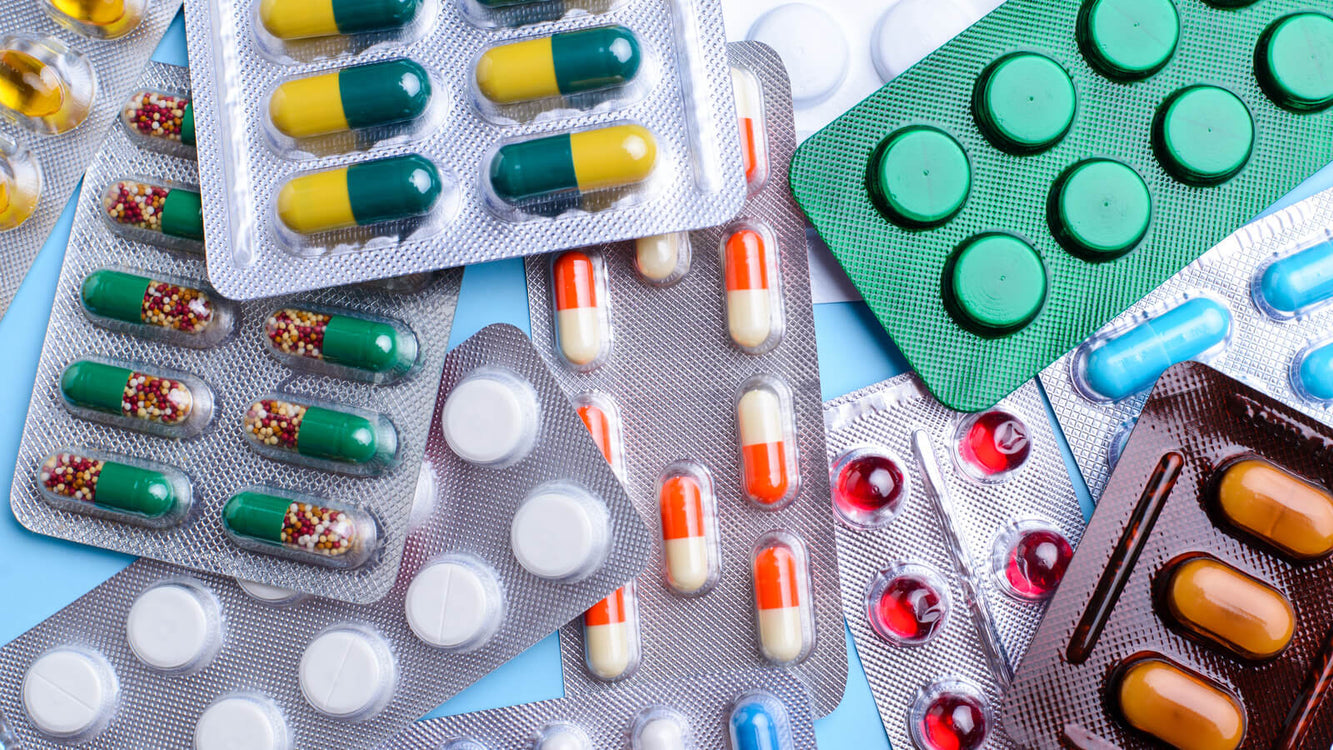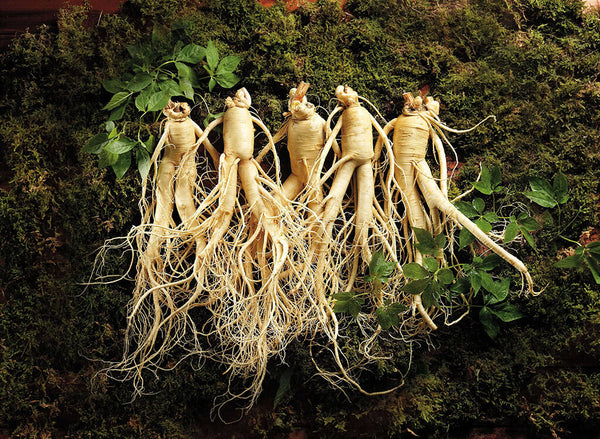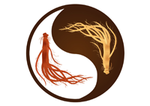
It is unfortunate that anyone can write anything on the internet without citing a scientific source. We recommend that instead of believing anything without thinking, you should always search the research available on the internet. Especially when it comes to a topic that affects so many people, such as the relationship between anticoagulants, blood thinners and ginseng. How do they interact? That's what we're here to find out.

In caring for our health, we often come across concepts such as blood clotting, blood thinning and the various drugs that affect these processes. Panax ginseng, or Korean ginseng, is a plant that has a number of health benefits and research has shown that it can help regulate blood clotting naturally. It is important to note that real effects (and not placebo effects) can only and exclusively be achieved with 6-year-old Korean ginseng. And preparations made from 6-year-old ginseng are not a dietary supplement that costs a few thousand forints. In return, they can solve health problems.
What is the difference between a blood thinner and an anticoagulant?
- Blood thinners: These are drugs such as warfarin or heparin that reduce the ability of the blood to clot. They prevent blood clots from forming and existing clots from growing.
- Anticoagulants: anticoagulants cover a broader category of drugs and include drugs such as anticoagulants and anticoagulants. Anticoagulants (such as aspirin) inhibit platelets from clumping together, while anticoagulants (such as warfarin or heparin) prevent blood from clotting.
Use of anticoagulants and blood thinners
- Blood thinners: usually used to prevent deep vein thrombosis or stroke and to treat existing blood clots.
- Anticoagulants: Widely used to treat and prevent cardiovascular diseases such as heart attacks and heart failure.
Panax Ginseng, the natural alternative:
- Panax ginseng is a herb traditionally used to enhance general well-being and has stress-reducing properties.
- Research shows that Panax ginseng has potential as a natural anticoagulant therapy.
Potential side effects of anticoagulants and blood thinners
- Blood thinners: the risk of bleeding may be increased and some blood thinners may require close blood coagulation monitoring.
- Blood thinners: These may also increase the risk of bleeding, especially if too much is taken.
It is important to remember that both types of medication should only be used on the advice of a doctor and under strict supervision. The choice and dosage of the right medicine depends on the individual health condition and the type of disease, so it is important to consult a doctor to develop an appropriate treatment plan.
Research on blood clotting and Panax Ginseng
Research 1: In a study from April 2017, 16 ginsenosides and two sapogenins (part of saponin) were identified. The study started with the assumption that certain compounds (Rg2 ginsenoside, Rg3 ginsenoside, PPT) were responsible for the anticoagulant (anticoagulant) effect.
The result of this research is that the above mentioned compounds from ginseng are potential natural anticoagulants with high thrombin selectivity and prolong blood clotting time. The studies and analyses also suggested that three compounds - Rg2, Rg3 and PPT - may be responsible for the anticoagulant effect. Therefore, all saponins and these potent compounds have potential as natural anticoagulant therapies. The original research in English can be found here click here!
Research 2: In a 2013 study, a comparative study was conducted on the anticoagulant effects of three Asian herbal preparations of the genus Panax and the anticoagulant effects of the ginsenosides Rg1 and Rg2.
The three medicinal plants of the genus Panax belonging to the family Araliaceae - Panax ginseng CA Meyer: Korean ginseng, Panax quinquefolius L.: American ginseng, and Panax notoginseng (Burk.) FH Chen: Chinese ginseng - are quite similar in chemical composition; however, their medicinal nature is very different. The reason for the differences is explained by the theory of traditional Chinese medicine, and partly confirmed by modern pharmacological studies, such as platelet aggregation (part of the blood clotting process). Below is the difference in the active ingredient content of the ginseng varieties:

The results of the study showed that aqueous extracts of Korean ginseng, American ginseng and Chinese ginseng significantly increased blood clotting time compared to the control group. Of the three herbs, Korean ginseng aqueous extract showed the strongest anticoagulant effect, followed by Chinese ginseng, while American ginseng showed the weakest effect. The original research can be found in English here click here!
Summary
Based on the above research, we recommend that if you are concerned about this issue, you should definitely consult a doctor so that you can have your problem diagnosed (deep vein thrombosis, cardiac arrhythmias, risk of cardiovascular disease, etc.) and get the treatment you need.
In addition, as a complementary therapy, 6-year-old Korean ginseng can also help. It is worth noting that , contrary to some erroneous rumours, Korean ginseng not only does not negatively affect the effects of anticoagulants and blood thinners, but on the contrary, it naturally helps in the same way.
To learn more about how 6-year-old Korean ginseng affects blood pressure, click here!
If you're looking for a natural solution, we recommend the following ginseng capsules, which can help with most problems across the broadest spectrum, all at once. It contains Rg3, K-compound, & Rb1, Rb2, Rg1, Rg2, Rg5, Rh1, Rh2, Rh3, Rh4, Rk1, Rk2, Rk3, Rk4, Rd, Re, Rc, aPPT, aPPD compounds. The broad spectrum is explained by the manufacturing technology, i.e. enzyme technology is currently the most advanced manufacturing technology. For more information about Saponin Plus Capsule, click here!



